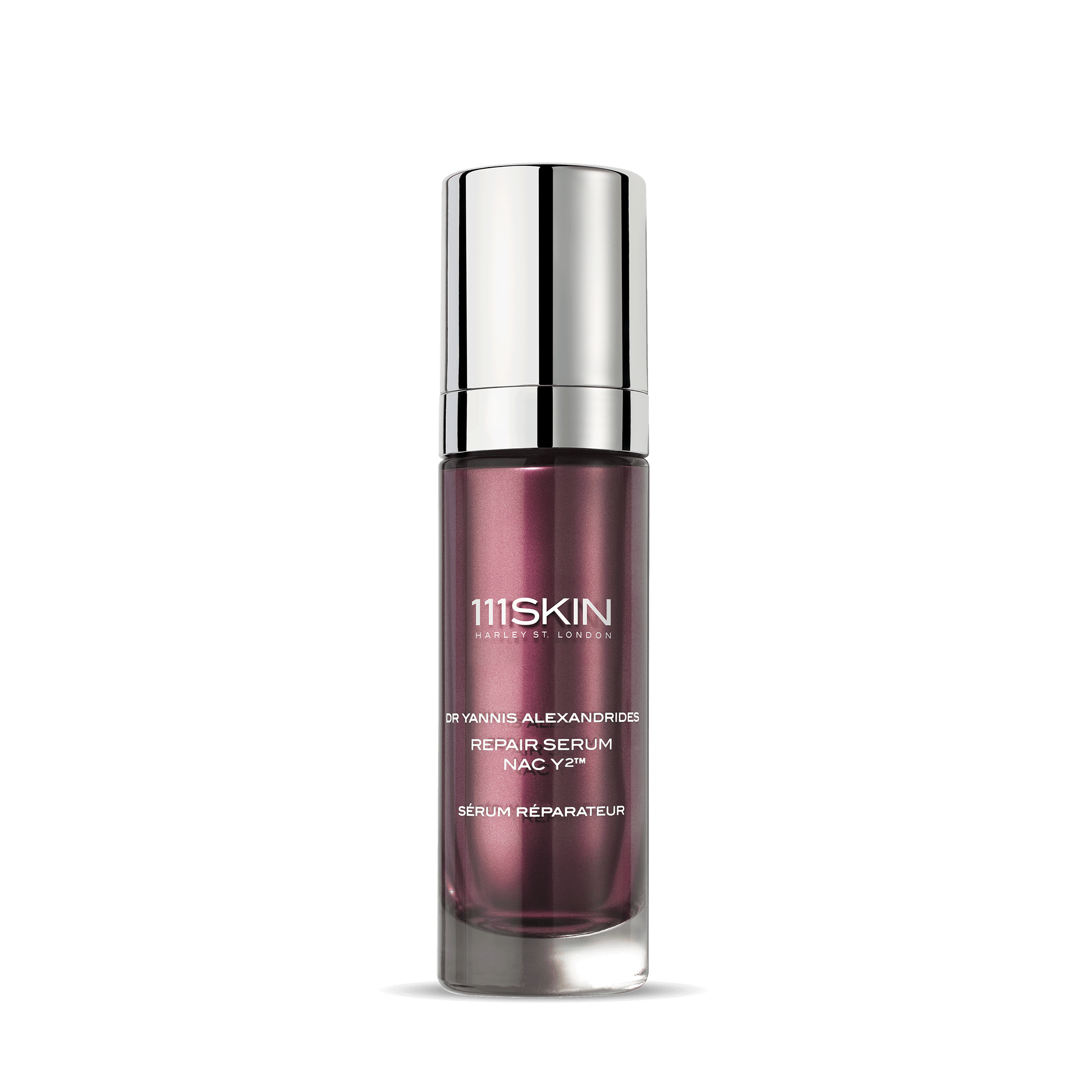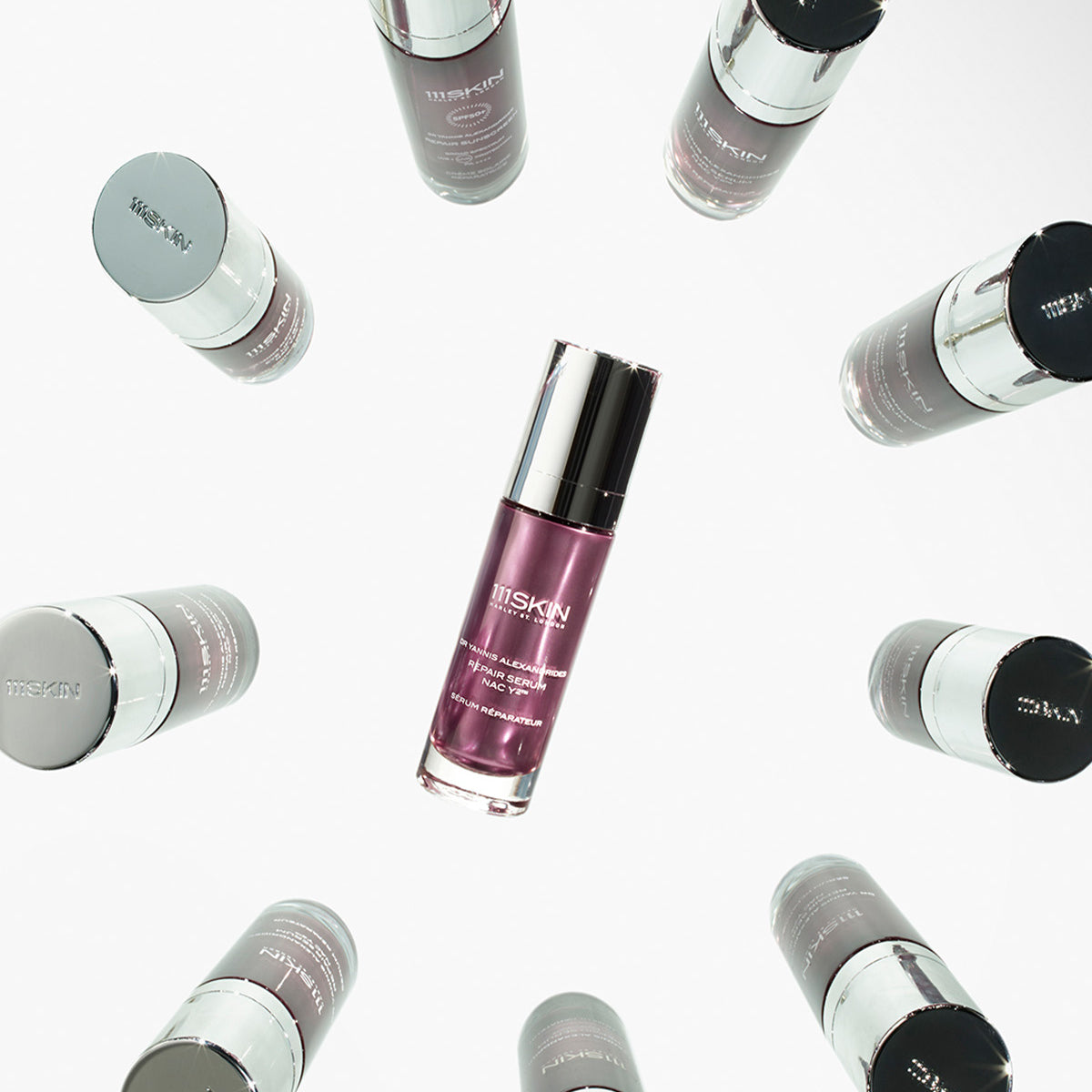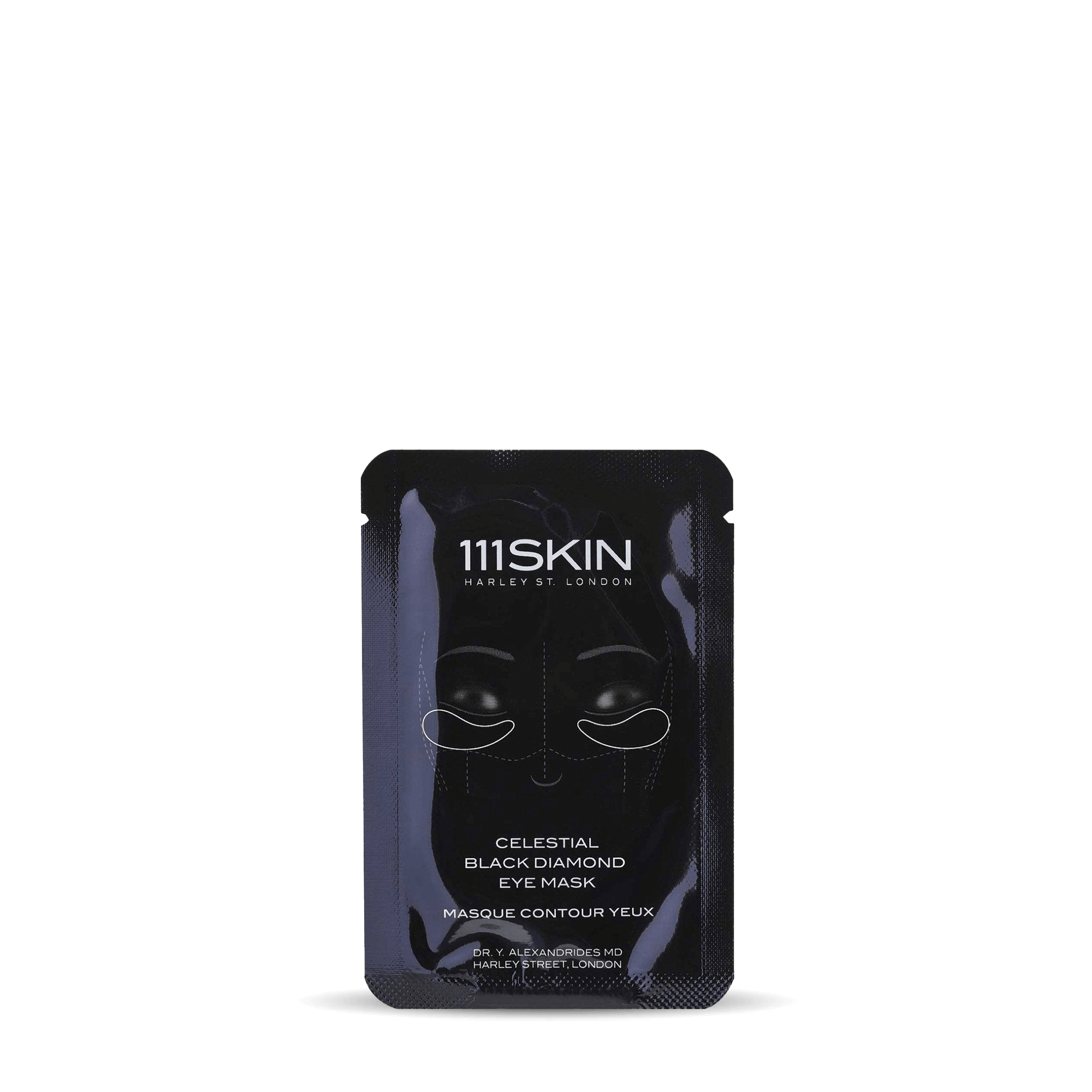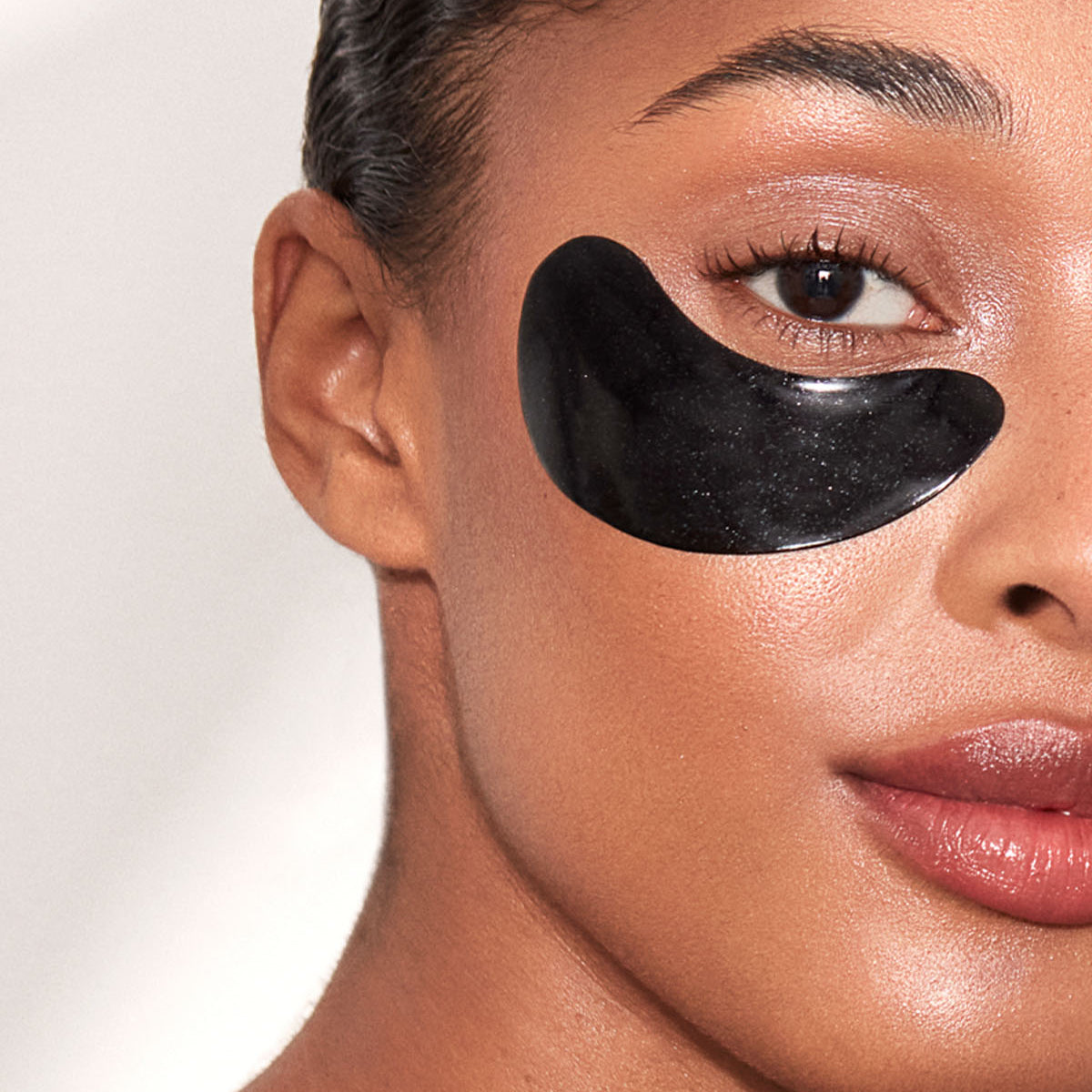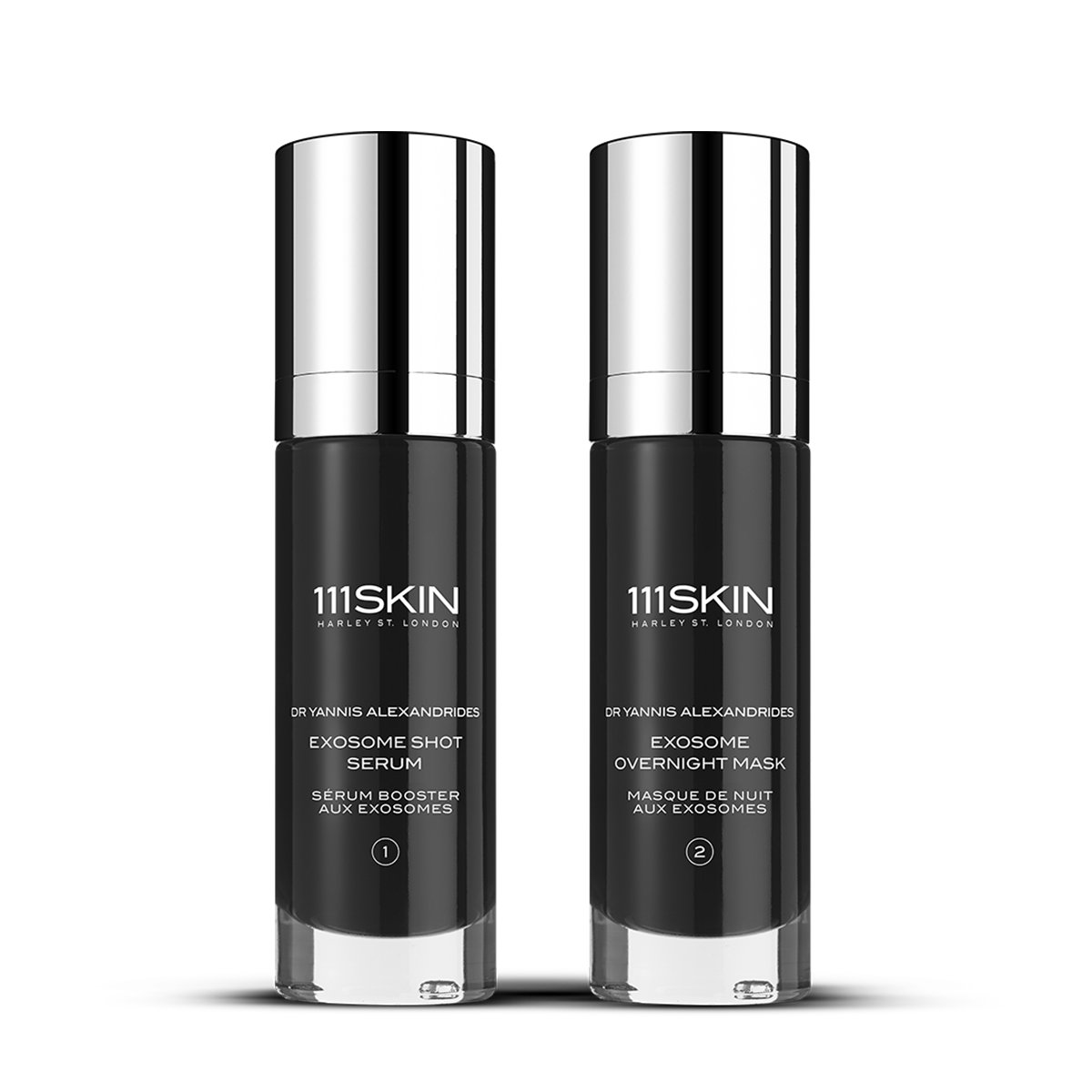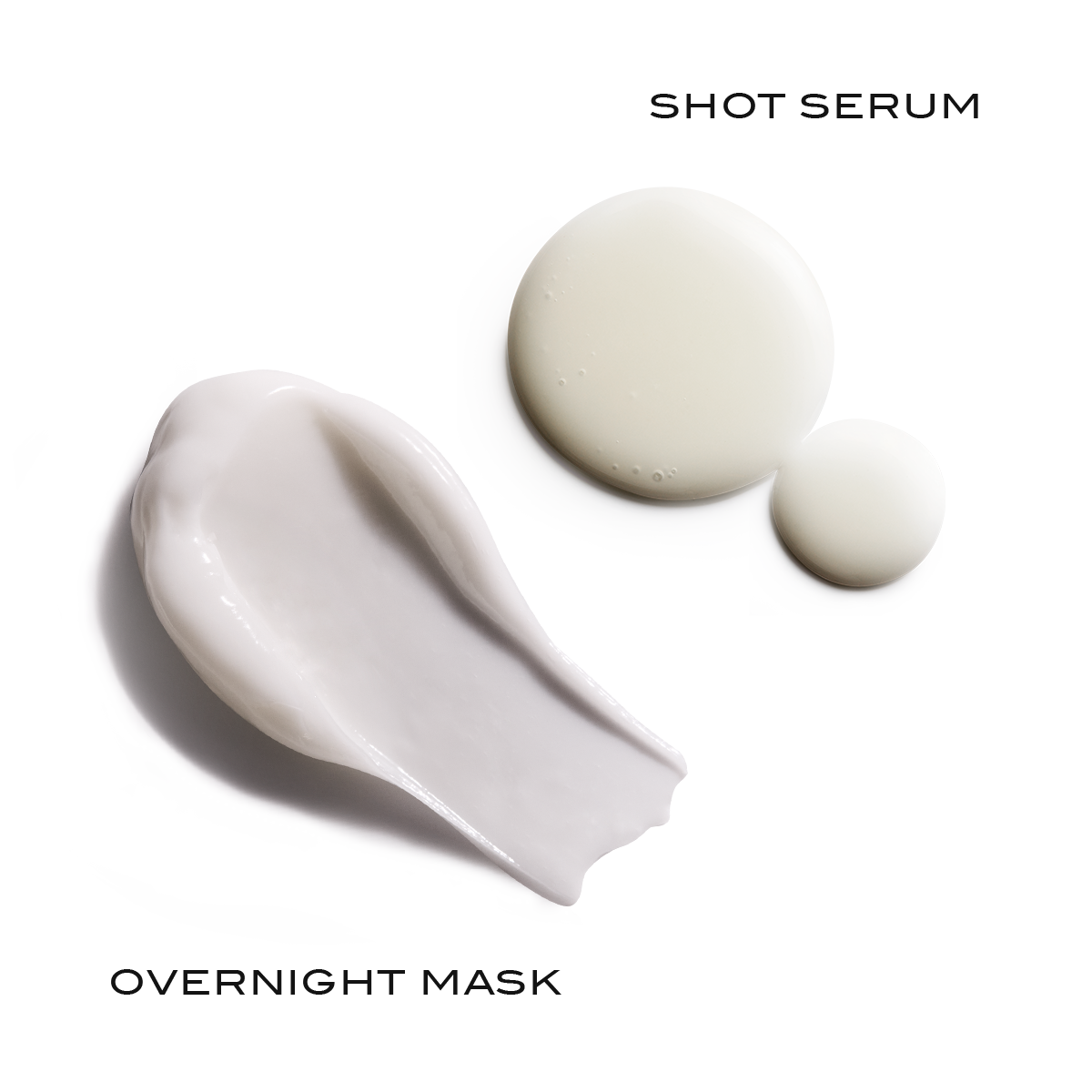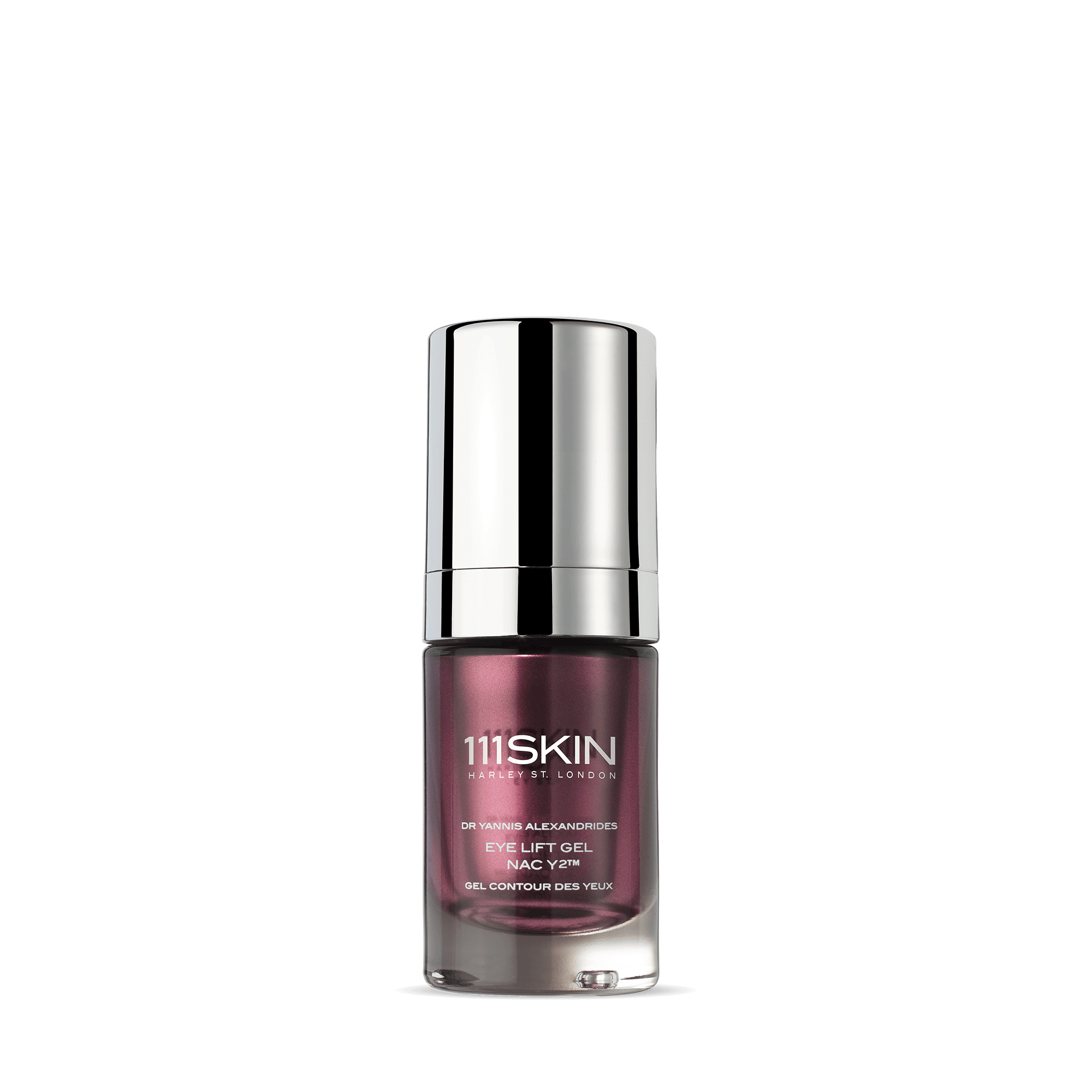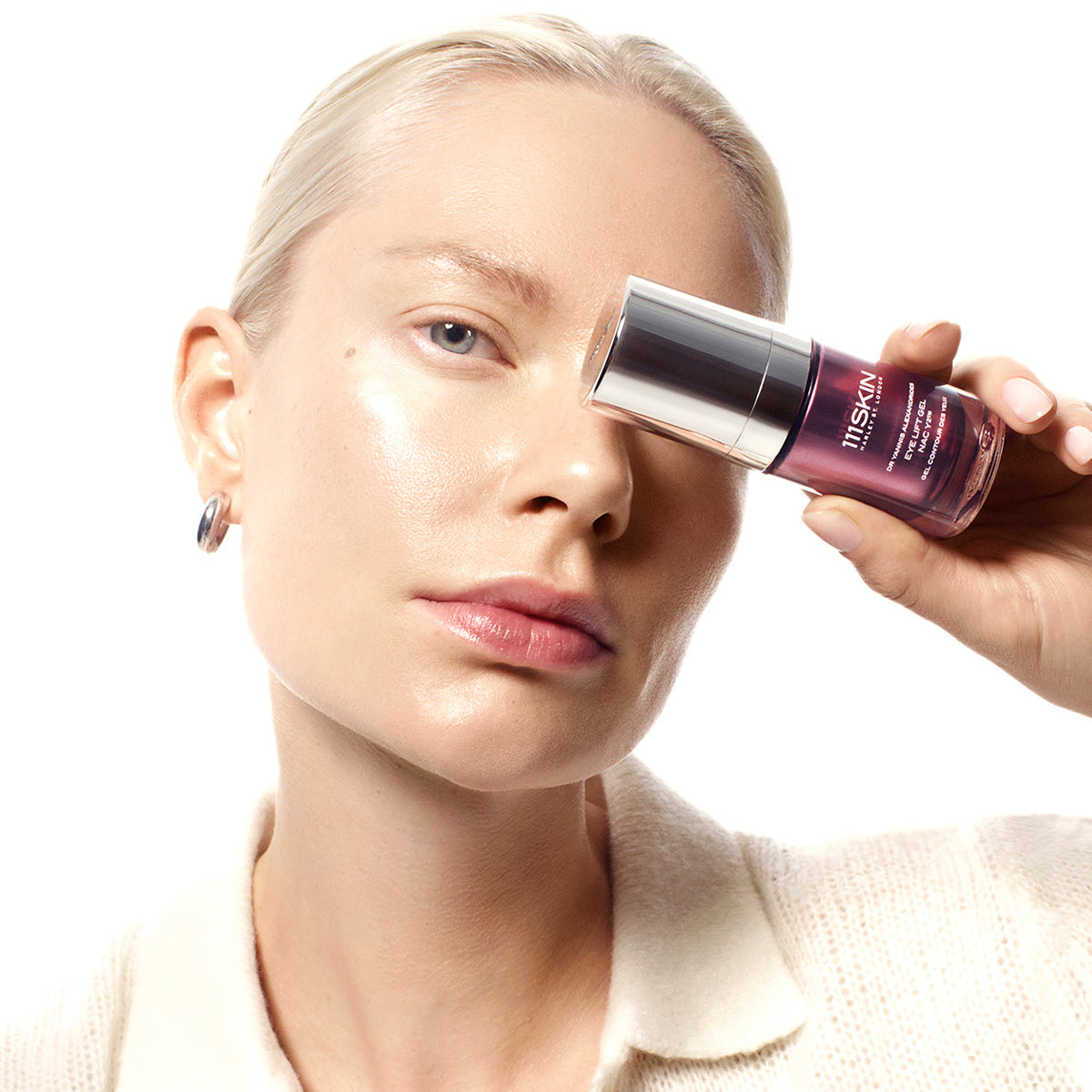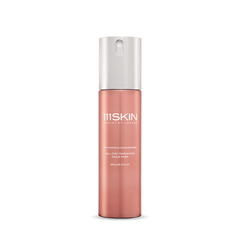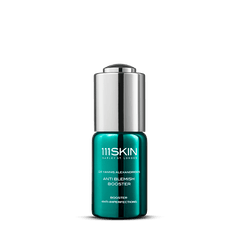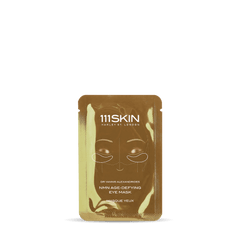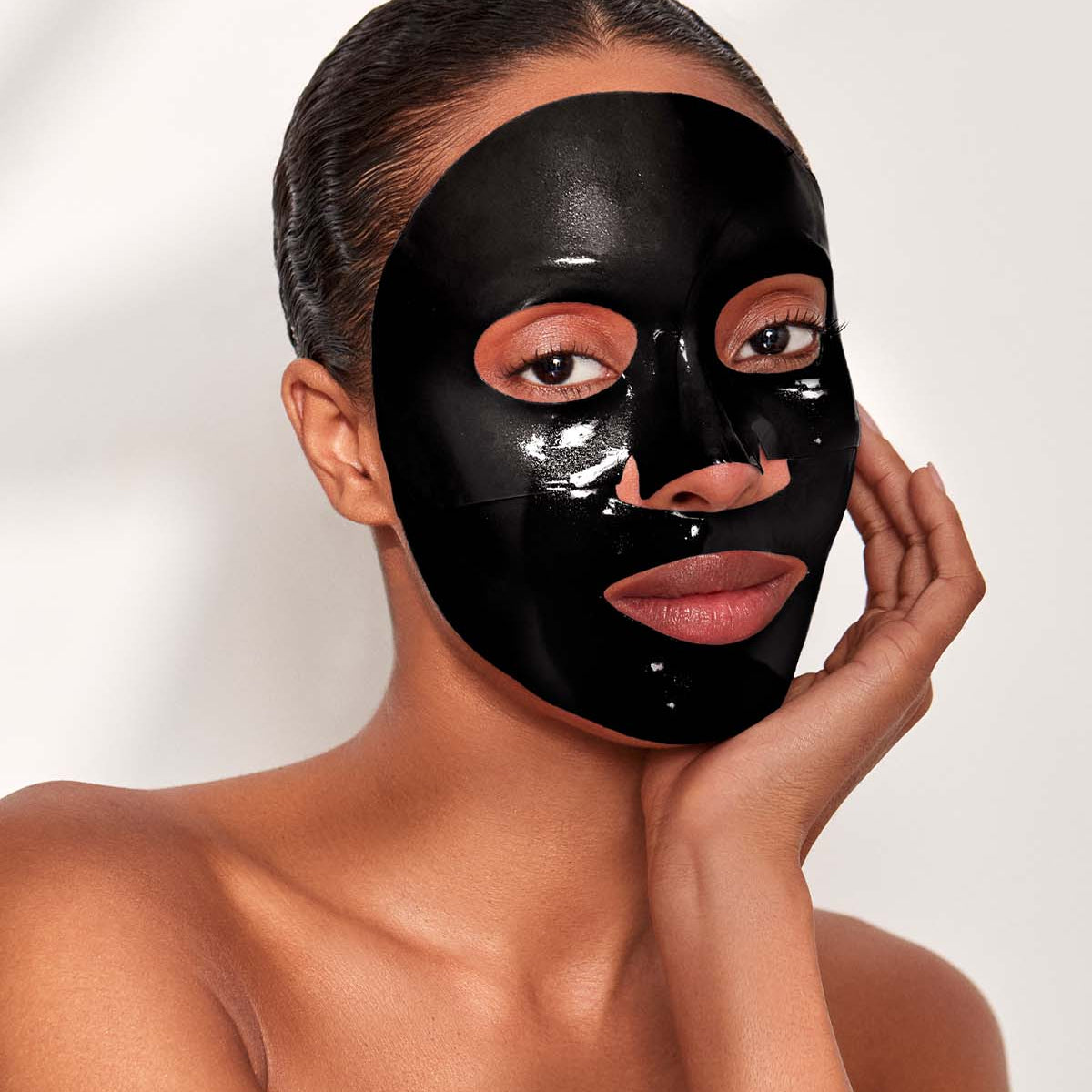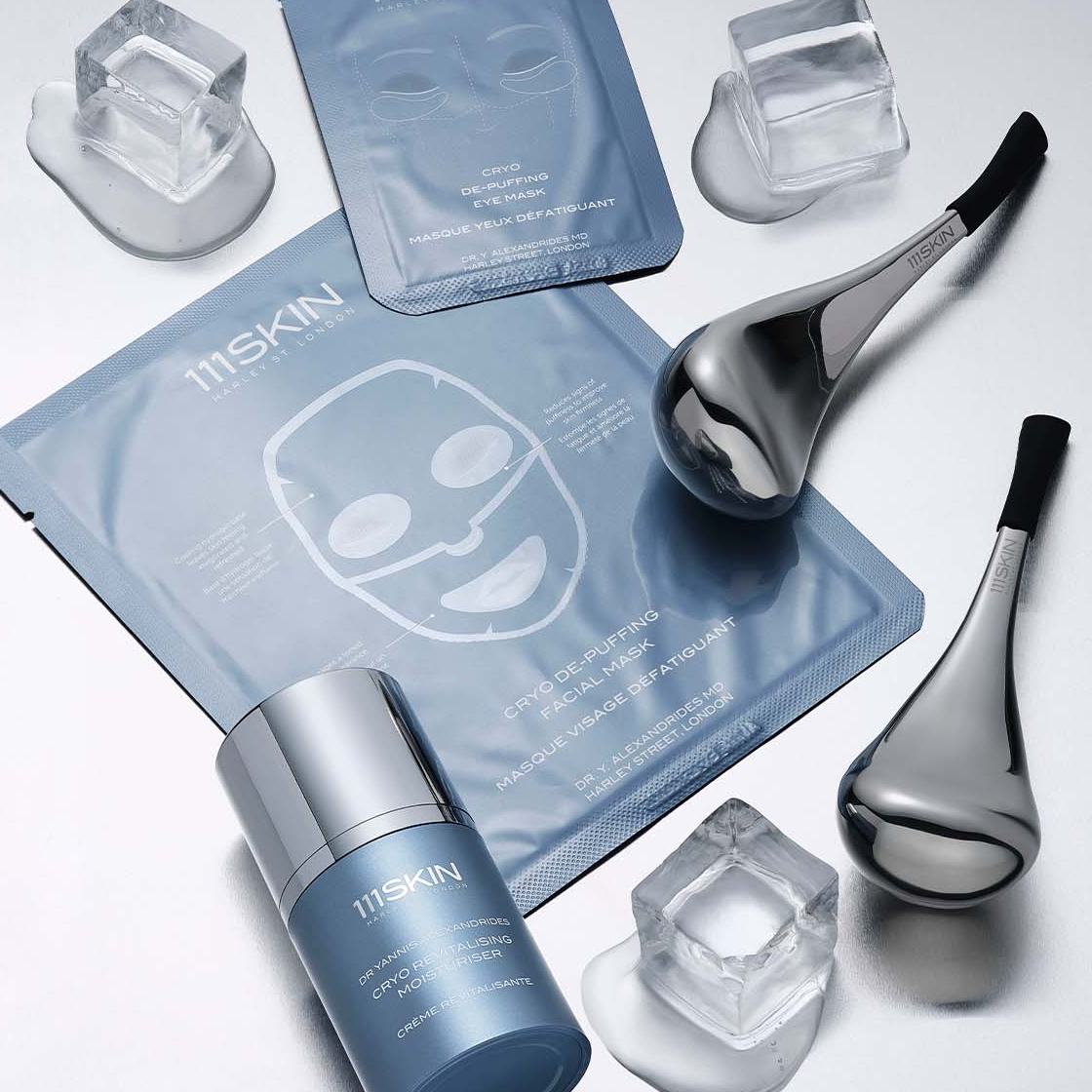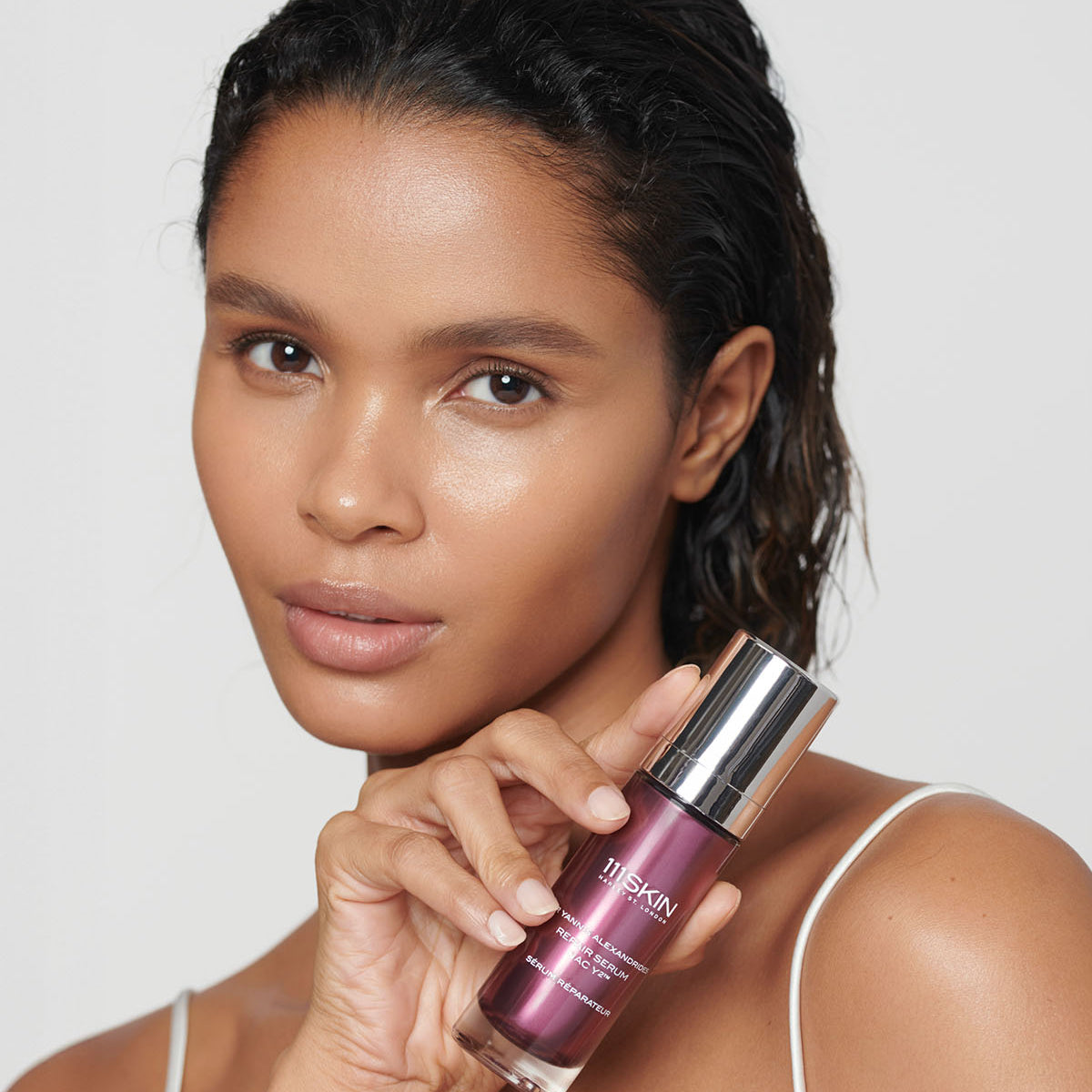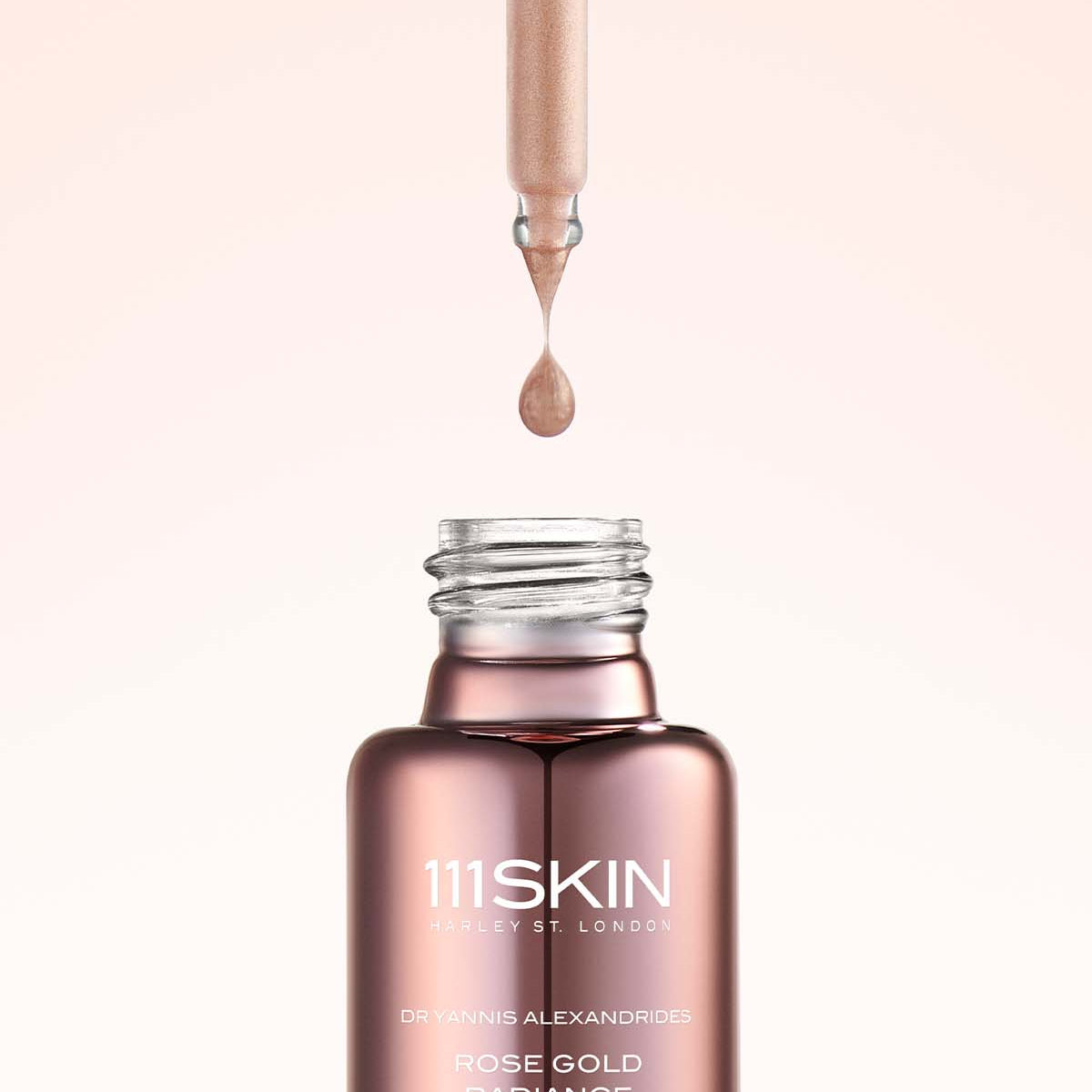4 min to read
Explore This Article:
Hyperpigmentation is a skin concern that often stems from daily habits and routines, not just genetics or external triggers. Your lifestyle—what you eat, how sufficiently you hydrate yourself, and how you care for your skin—directly affects melanin production and the appearance of dark spots. Nutrient-rich foods, sufficient hydration, and daily sun protection can minimise pigmentation, while habits such as picking at blemishes or neglecting sunscreen can worsen it. By making lifestyle changes, you can actively prevent and manage hyperpigmentation, supporting a clearer, more radiant complexion.
Why Your Lifestyle Matters for Hyperpigmentation
Hyperpigmentation doesn’t just happen—your daily habits often play a significant role. While triggers like hormones, and inflammation are key contributors, lifestyle choices such as diet, hydration, stress levels, and skincare routines can either improve or worsen pigmentation issues. Along with environmental triggers, like sun exposure and pollution. By taking a considered, proactive approach to these aspects of your lifestyle, you can minimise dark spots and support a clearer, healthier complexion.
Nourish Your Skin from the Inside: Diet and Hyperpigmentation
Your skin reflects what you eat, and a nutrient-rich diet can help manage hyperpigmentation and improve overall skin health.
- Antioxidant-Rich Foods: Include fruits and vegetables high in antioxidants, such as berries, spinach, kale, and citrus fruits. Antioxidants like Vitamin C and E fight free radicals, which can damage skin cells and cause pigmentation.
- Healthy Fats: Omega-3 fatty acids from sources like salmon, walnuts, and flaxseeds help reduce inflammation that may contribute to post-inflammatory hyperpigmentation.
- Zinc and Vitamin A: These essential nutrients support skin repair and cell turnover. Incorporate foods like sweet potatoes, pumpkin seeds, and lean meats into your diet.
- Avoid Excess Sugar and Processed Foods: High sugar levels can lead to glycation, which breaks down collagen and increases inflammation, worsening pigmentation issues.

Hydration: The Foundation of Healthy Skin
Proper hydration is key to maintaining a smooth, even-toned complexion. When your skin is dehydrated, it becomes more prone to irritation and slower to heal, which can worsen post-inflammatory hyperpigmentation.
- Drink Water Regularly: Aim for at least 2 litres of water a day to support skin hydration and detoxification.
- Hydrating Skincare Products: Use products containing hyaluronic acid, glycerin, or ceramides to lock in moisture and support skin barrier function.
- Limit Caffeine and Alcohol: These can dehydrate the skin, making it look dull and emphasising dark spots.
Sun Protection: Your First Line of Defence
UV exposure is one of the leading causes of hyperpigmentation, as it triggers melanin production. Consistent sun protection is non-negotiable for preventing new spots and keeping existing pigmentation under control.
- Daily Sunscreen: Use a broad-spectrum SPF 50 or higher every day, even in winter or on cloudy days.
- Reapply Often: Sunscreen should be reapplied every 2 hours when outdoors, especially after sweating or swimming.
- Protective Accessories: Hats, sunglasses, and UV-protective clothing add an extra layer of defense.
- Avoid Tanning Beds: Artificial UV exposure can accelerate pigmentation and cause long-term damage.

Healthy Habits: Stop Picking Your Skin
Picking at acne, scabs, or irritated skin can leave behind dark marks known as post-inflammatory hyperpigmentation (PIH). To prevent this:
- Avoid touching or scratching blemishes.
- Use targeted acne treatments to reduce inflammation and promote healing.
- Keep nails short and clean to avoid transferring bacteria to your skin.
Unhealthy Habits: Smoking
Smoking is an unhealthy habit that impacts skin health, accelerating aging and worsening pigmentation. To protect your skin:
- Avoid smoking to reduce oxidative stress and inflammation that can damage your skin.
- Incorporate antioxidants like Vitamin C in your skincare to combat the damage caused by smoking.
Exfoliation: Promote Cell Turnover Safely
Regular exfoliation helps remove dead skin cells, allowing brighter, newer skin to emerge. This can minimise the appearance of pigmentation over time.
- Chemical Exfoliants: Products containing AHAs (like glycolic acid), BHAs (like salicylic acid) or PHAs (like gluconolactone) are effective for hyperpigmentation. They promote cell turnover without being too harsh on the skin.
- Be Gentle: Over-exfoliation can damage your skin barrier and worsen pigmentation. Limit exfoliation to 1-3 times per week.
- Mechanical Exfoliation: Scrubbing with physical exfoliants like beads or brushes can be counterproductive, as they may cause micro-tears in the skin, leading to irritation, inflammation, and worsening of hyperpigmentation.
- Include Vitamin C: Vitamin C serums brighten the skin, reduce dark spots, and work synergistically with sunscreen for added protection.
Prioritise Sleep and Stress Management
Chronic stress and lack of sleep can trigger hormonal imbalances that contribute to melasma and uneven skin tone. To keep your skin in balance:
- Get 7-9 Hours of Sleep: Adequate rest allows your body to repair and regenerate skin cells.
- Practice Stress Management: Incorporate mindfulness, yoga, or meditation into your routine to lower cortisol levels.
- Avoid Late-Night Screen Time: Blue light from devices may worsen pigmentation and disrupt your sleep cycle.

FAQs About Hyperpigmentation and Lifestyle
Can diet really help improve hyperpigmentation?
Yes, a balanced diet rich in antioxidants, healthy fats, and skin-repairing nutrients can help reduce inflammation and improve overall skin health, which in turn supports hyperpigmentation management.
How does hydration prevent dark spots?
Proper hydration promotes skin cell renewal and helps maintain a strong barrier, which prevents further irritation and discolouration.
Is sunscreen necessary even in winter?
Absolutely! UV rays can penetrate through clouds and cause damage year-round, making daily sunscreen essential.
Can exfoliating too much make hyperpigmentation worse?
Yes, over-exfoliation can damage the skin barrier, leading to inflammation and worsening hyperpigmentation. Stick to gentle, consistent exfoliation.
